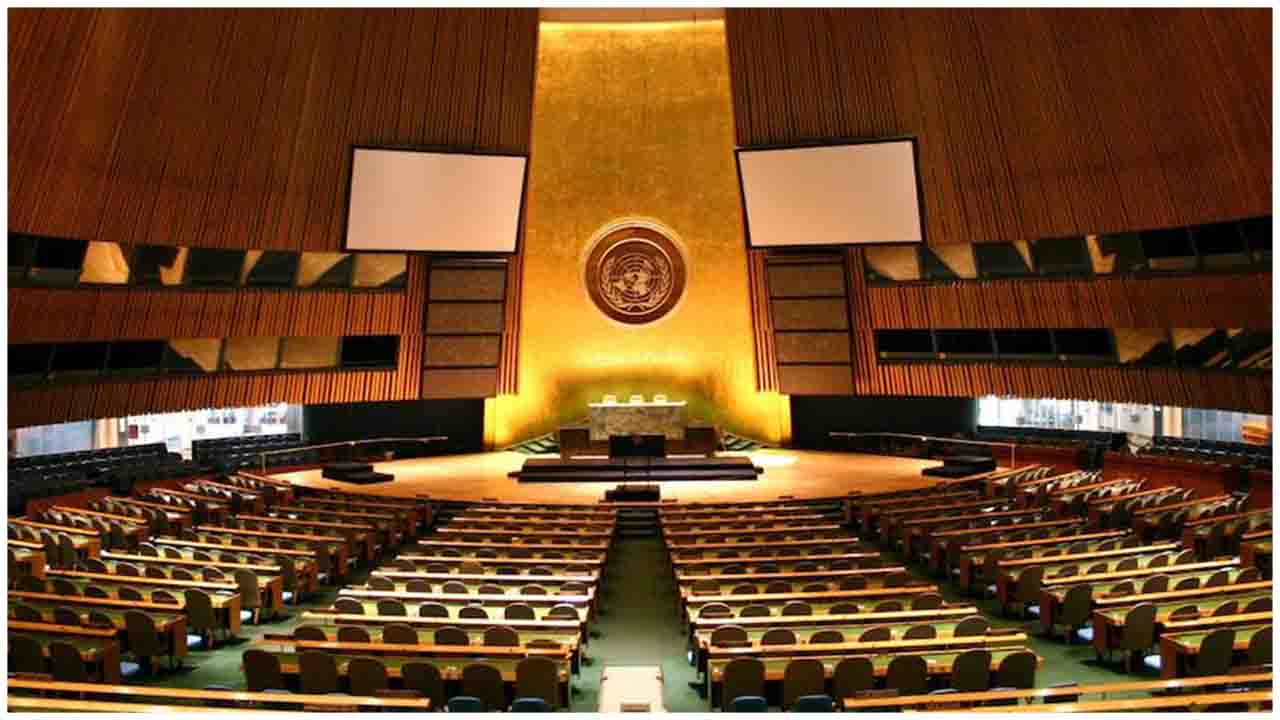At today’s meeting of the 73rd World Health Assembly —its first-ever to be held virtually—delegates adopted a landmark resolution to bring the world together to fight the COVID-19 pandemic.
The resolution, co-sponsored by more than 130 countries, was adopted by consensus.
It calls for the intensification of efforts to control the pandemic, and for equitable access to and fair distribution of all essential health technologies and products to combat the virus. It also calls for an independent and comprehensive evaluation of the global response, including, but not limited to, WHO’s performance.
As WHO convened ministers of health from almost every country in the world, the consistent message throughout the two-day meeting—including from the 14 heads of state participating in the opening and closing sessions —was that global unity is the most powerful tool to combat the outbreak. The resolution is a concrete manifestation of this call, and a roadmap for controlling the outbreak.
In his closing remarks, WHO Director-General Dr Tedros Adhanom Ghebreyesus said “COVID-19 has robbed us of people we love. It’s robbed us of lives and livelihoods; it’s shaken the foundations of our world; it threatens to tear at the fabric of international cooperation. But it’s also reminded us that for all our differences, we are one human race, and we are stronger together.”The World Health Assembly will reconvene later in the year.
Recently, World Health Organization (WHO) and the International Olympic Committee (IOC) signed an agreement to work together to promote health through sport and physical activity.
"I am pleased to formalize this longstanding partnership with the International Olympic Committee," said Dr Tedros Adhanom Ghebreyesus, WHO Director-General. "WHO works not only to respond to disease but also to help people realize their healthiest lives and this partnership will do exactly that. Physical activity is one of the keys to good health and well-being."
This collaboration is timely. The current COVID-19 pandemic is particularly affecting people with noncommunicable diseases (NCDs). The agreement has a special focus on preventing NCDs through sport. Physical activity helps lower blood pressure and reduce the risk of hypertension, coronary heart disease, stroke, diabetes, and various types of cancer (including breast cancer and colon cancer).
Other areas of collaboration include working with host countries to ensure the health of athletes, supporters and workers at the games as well as addressing NCD risk factors, including water quality and air pollution. The two institutions will also work to ensure that the games leave a healthy legacy in host countries through enhanced awareness of the value of sport and physical activity.
The two organizations also intend to work together to promote grassroots and community sports programmes that have a further reach within the general public, particularly among girls, older people and people living with disability who may find it harder to keep active and healthy.
“Over the last few months in the current crisis, we have all seen how important sport and physical activity are for physical and mental health. Sport can save lives,” said IOC President Thomas Bach. "The IOC calls on the governments of the world to include sport in their post-crisis support programmes because of the important role of sport in the prevention of NCDs, but also of communicable diseases.”
Globally, WHO estimates that 1 in 4 adults is not active enough and more than 80% of the world's adolescent population is insufficiently physically active. The new partnership will bring together the sports and health sectors at international, regional and national levels to reach the global goal of increasing physical activity by 15%, as set out in the Global Action Plan on Physical Activity.

 WHO unites with countries and associations to fight Coronavirus.
WHO unites with countries and associations to fight Coronavirus.






















.jpeg)









